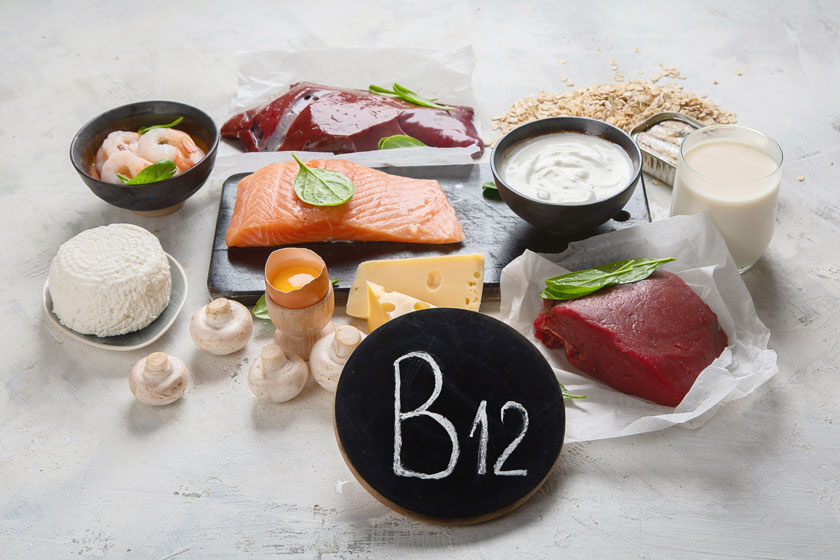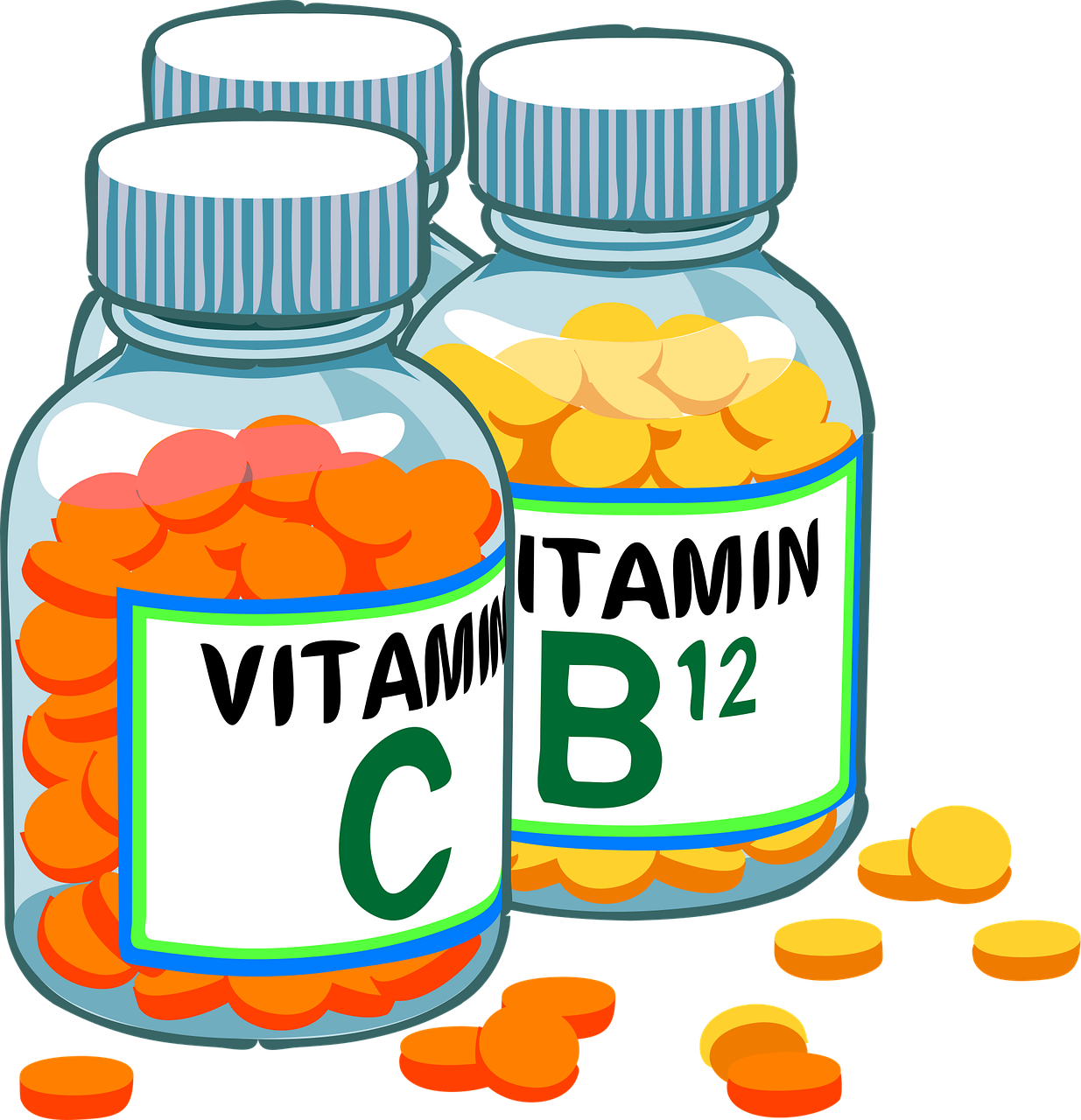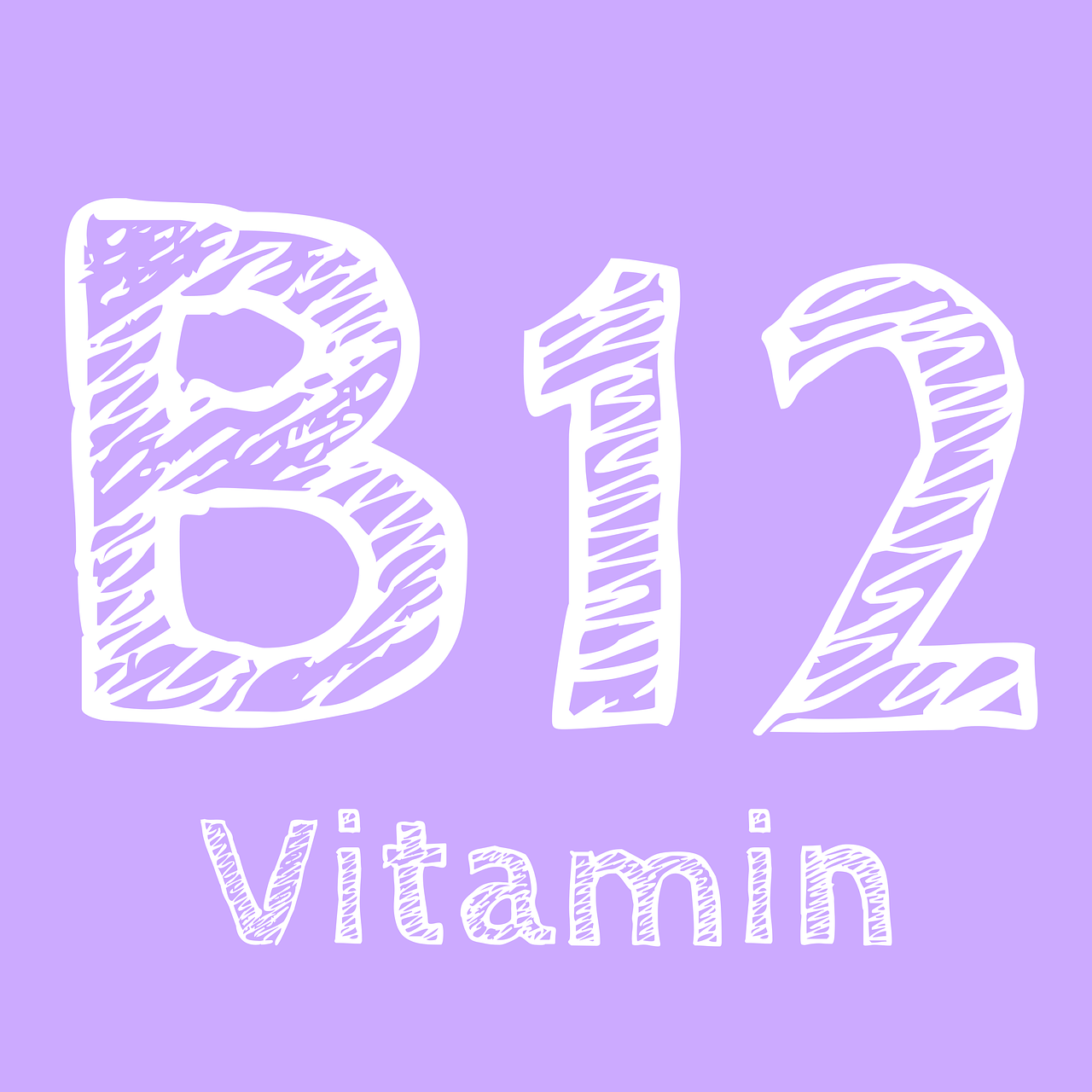This article was analyzed by Serge, MSc. Leveraging expertise in Biochemistry and Chemical Quality Control, I share insights and recommendations backed by research and clinical evidence to ensure you find safe and effective supplement solutions.

A while ago, a friend of mine was constantly exhausted. She blamed it on late nights and too much coffee. But when her doctor finally ran some bloodwork, the culprit turned out to be a vitamin B12 deficiency. Once she started treatment, her energy bounced back almost overnight.
That’s the thing about B12, it’s one of those nutrients you don’t think about until your body reminds you in not-so-subtle ways. And while being low is clearly risky, here’s the curveball: taking too much B12 can also have consequences.
Let’s unpack both sides.
Why Vitamin B12 Matters?
Think of B12 as the spark plug in your body’s engine. Without it, you don’t make healthy red blood cells, your nerves can’t talk to each other properly, and your brain feels like it’s running on fumes.
It helps with:
– Energy – by supporting oxygen transport in red blood cells.
– Memory and mood – low levels are linked to brain fog and depression.
– Nerve health – protecting that vital “insulation” around your nerves.
If your spark plug goes missing, your whole system sputters.
The Scary Side of B12 Deficiency.
B12 deficiency isn’t rare. Vegans and vegetarians often miss it in their diet, older adults absorb less of it, and even common medications like metformin can interfere.
Some everyday symptoms look harmless at first:
– Feeling wiped out no matter how much you sleep.
– Pins-and-needles tingling in your hands or feet.
– Trouble remembering names, words, or appointments.
– Mood dips or irritability you can’t explain.
Left unchecked, though, deficiency can cause nerve damage, anemia, and even long-term cognitive decline. That’s not something you can fix with just a nap or an energy drink.
But Wait… Can You Have Too Much B12?
Here’s where it gets interesting. Because B12 is water-soluble, the general advice is: “You can’t overdose, your body will just pee it out.”
That’s mostly true. But what happens if you keep flooding your system with high-dose pills or frequent injections? Researchers are starting to see patterns that suggest more isn’t always better.
Possible downsides of too much B12:
– Skin flare-ups – some people break out with acne-like bumps after injections.
– Cancer links – a few studies have found higher cancer rates (especially lung cancer in smokers) among people with sky-high B12 levels. It’s not proven cause-and-effect, but it’s a red flag.
– Stress on the liver and kidneys – if you already have organ issues, processing excess B12 may not be harmless.
– Masking problems – very high B12 levels can sometimes point to hidden illnesses, which may get overlooked if supplements are the assumed cause.
So while deficiency is risky, regularly megadosing “just in case” isn’t the safest play either.
How Much Do You Really Need?
The official recommendation for most adults is 2.4 micrograms a day. Pregnant and breastfeeding women need slightly more.
To put that in perspective:
– One serving of salmon = about 4 mcg.
– A couple of eggs = roughly 1 mcg.
– Many supplements = 500 mcg to 5,000 mcg per pill.
See the gap? Supplements often contain hundreds of times more than you actually need. Those mega-doses are usually intended for people with absorption issues, not everyday prevention.
Signs You’re Overdoing It.
Unlike deficiency, too much B12 doesn’t usually slam you with obvious symptoms. But possible warning signs include:
– New breakouts or skin irritation.
– Mild headaches or dizziness.
– Feeling restless or wired.
– Digestive upset.
If you’re not supplementing but blood tests show high B12, doctors often check for other conditions first, since liver disease and certain blood disorders can raise levels.
Finding the Sweet Spot.
So how do you strike the right balance?
1. Start with food – fish, chicken, beef, eggs, and dairy all pack a good B12 punch. Vegans can go for fortified plant milks, cereals, or nutritional yeast.

2. Don’t guess – if you’re worried, get your levels checked instead of randomly supplementing.
3. Skip the mega-doses unless prescribed – 50–200 mcg daily is plenty for most healthy adults.
4. Monitor if you’re on injections – for people with absorption problems, shots can be life-changing, but keep up with bloodwork.
Summary.
B12 is absolutely essential, but balance is key. Too little can leave you exhausted and foggy, while too much might bring risks we’re only beginning to understand.
Think of it this way: your car doesn’t run better if you dump twice the oil into the engine. It just makes a mess. Your body works the same way. Get tested, follow your doctor’s advice, and let B12 do its job in the right amount.
FAQs
Q1: Why is vitamin B12 considered dangerous?
It’s dangerous when you have too little (causing anemia and nerve damage) or too much (potential side effects from over-supplementing).
Q2: How do I know if I’m deficient in B12?
Look for fatigue, numbness or tingling, mood changes, or memory problems. The only sure way is a blood test.
Q3: Can too much vitamin B12 cause acne?
Yes, some people experience acne-like breakouts after taking high-dose supplements or injections.
Q4: What foods naturally contain B12?
Fish, poultry, beef, eggs, dairy, and fortified plant-based foods.
Q5: Should I take a daily B12 pill just in case?
Not unless you’re deficient or at risk. For most people, food sources are enough. Always test before supplementing.












